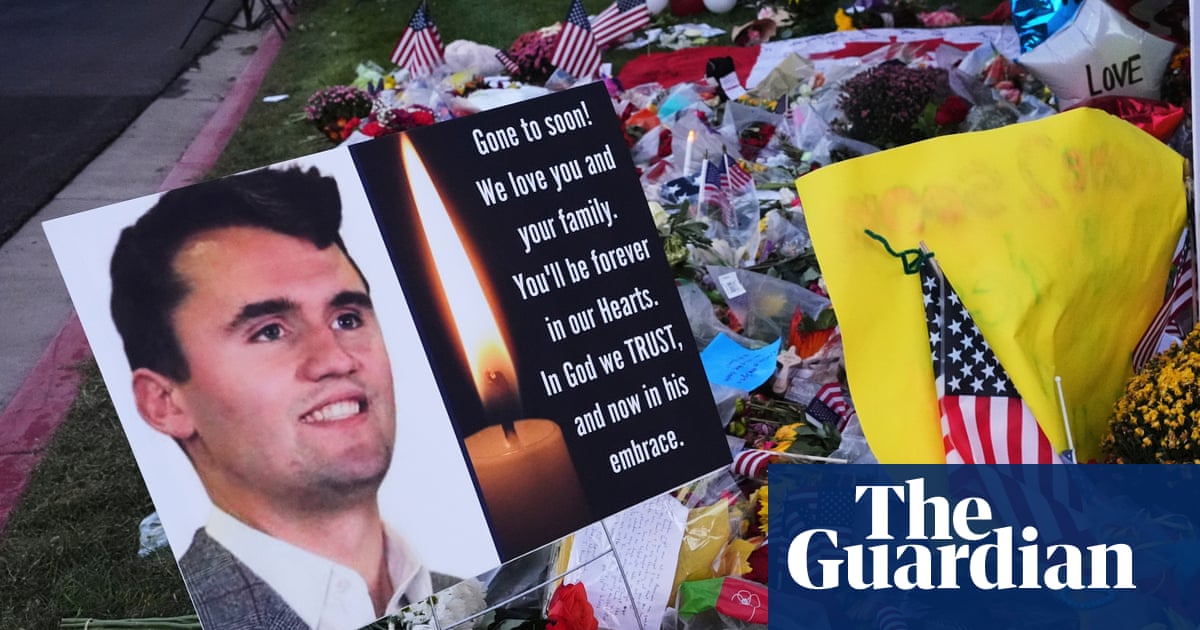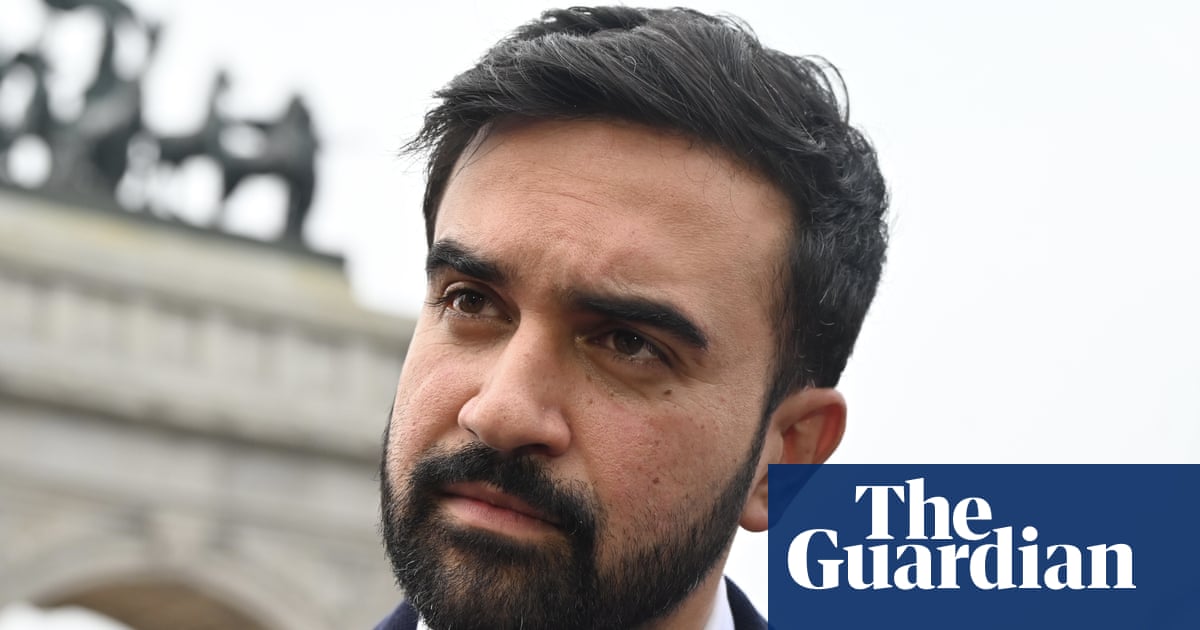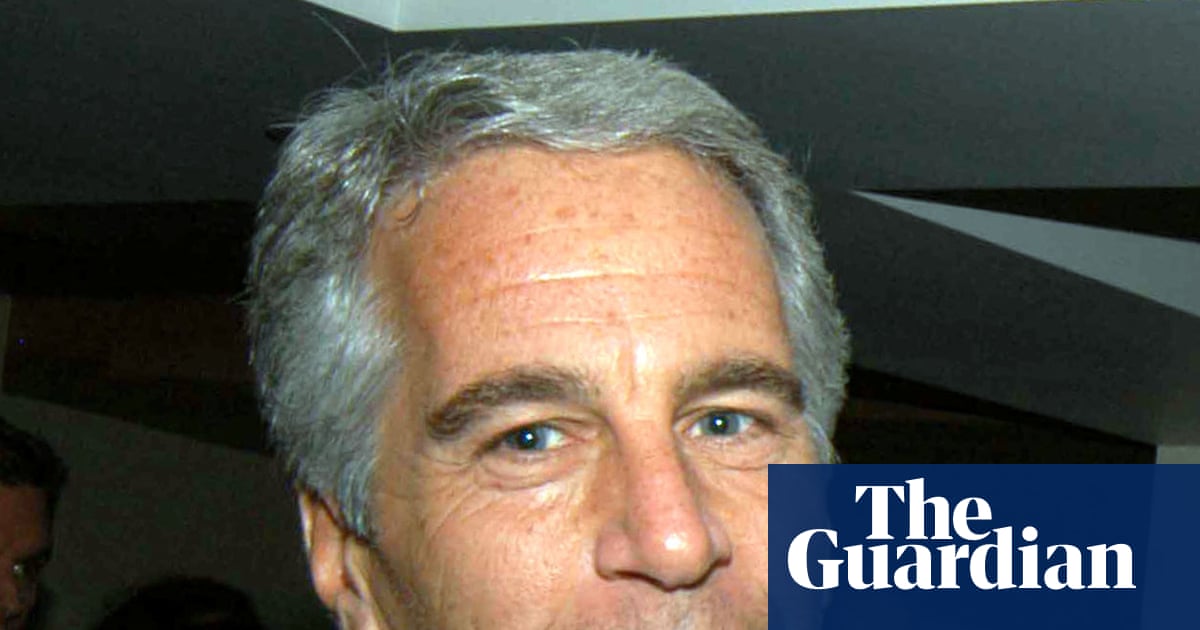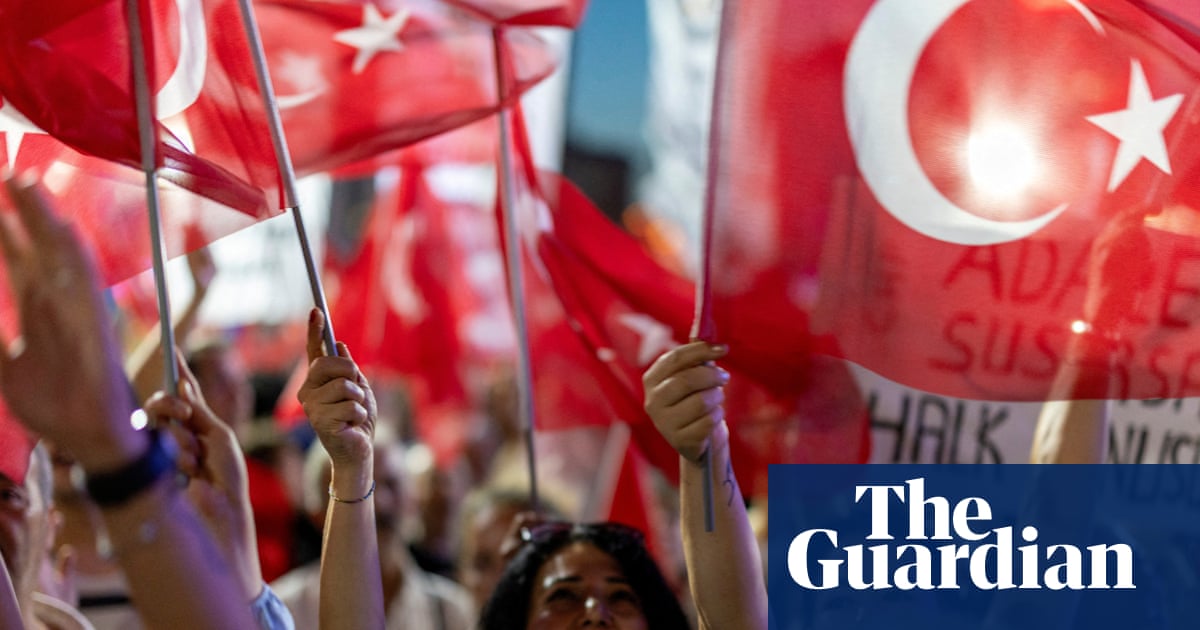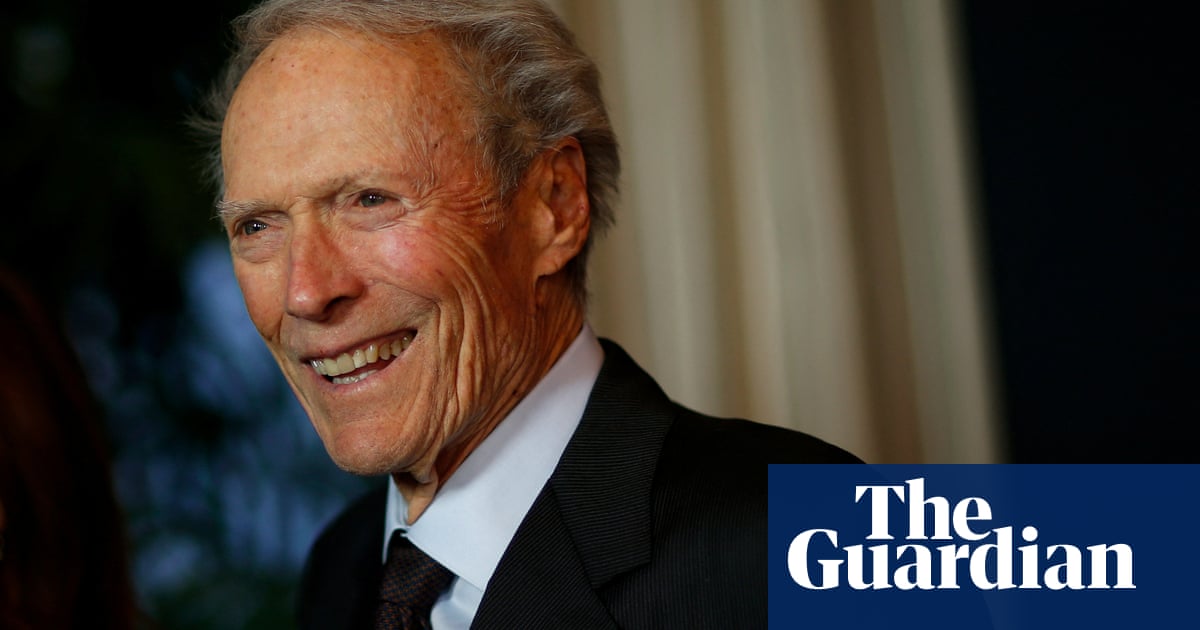Caught in the crossfire, Qatar on Monday night found itself in the unusual position of being asked by the US to mediate to end a war where one of the two parties was firing missiles at it. But then there are few countries as multifaceted as Qatar, or few conflicts quite as tangled as the Iran-Israel war.
It seems Monday’s heavily signalled Iranian attack on Qatar’s 60-acre Al Udeid airbase, the largest US military facility in the Middle East, may even have become the opening to resume diplomacy. The attack, which caused no casualties, cleared the ground for Donald Trump and Qatar to work together to secure the fragile ceasefire between Israel and Iran. It once again highlights Qatar’s role as professional mediator – a bespoke service this tiny but massively wealthy country makes available from the Democratic Republic of Congo to Gaza.
Ever since Israel launched its attack on Iran 12 days ago, Qatar has been at the forefront of the countries denouncing it, saying it considered the assault “a blatant violation of Iran’s sovereignty and security, as well as a clear breach of international law”.
But Qatar also, free of charge, houses the vast Al Udeid airbase used by the US, one of the protagonists in the war against Iran. Over the years it is estimated Qatar has spent $8bn on the infrastructure of the base, an investment that buys it American goodwill despite the state’s politics being very different from Trump’s “America first”.
Iran’s relations with Qatar have also been on a steady upward curve, especially since Iran acted as a friend of Qatar when the state was being boycotted by its Gulf allies.
Iran’s Monday night missile salvo was a symbolic, almost courteous, attack on the US airbase in response to American strikes on its nuclear facilities. Trump afterwards thanked Iran for giving advance warning and time for the airbase to be cleared.
Sultan bin Saad al-Muraikhi, Qatar’s foreign minister, issued a “strong condemnation” of the attack, and told the Iranian ambassador, Ali Salehabadi, that Qatar had a right to respond, yet at the same time Qatar’s deputy foreign minister, Majed al-Ansari, balanced a condemnation of Iran’s actions by pointing out that Qatar had been one of the first countries to warn against the dangers of Israeli escalation in the region.
For its part, Iran’s supreme national security council said it “remains committed to maintaining and continuing warm and historic relations” with Qatar. Iran’s foreign ministry spokesperson, Esmaeil Baghaei, insisted Tehran would not allow US and Israeli “criminal aggressions and malign policies” to create divisions between it and “brotherly” regional states. Rarely has such an intrusion of another country’s sovereignty been accompanied by so much regret.
Indeed almost as soon as the near performative bombs were fended off by Qatar’s air defences, Qatar’s prime minister was being called by Trump to see if he could have the conversation required with the Iranians to secure their agreement to a ceasefire. Iran’s position since the conflict started has been that the onus lies with Israel to stop striking, but if Trump delivered an Israeli ceasefire Tehran would respond, Qatar was told.
Qatar’s value to the region as the one country that can talk to America’s greatest enemies – whether the Taliban, Hamas or Iran – came good again.
Qatar has also worked the White House well, not just by providing Trump with a converted new Air Force One, but by being trusted by Democrats and Republicans alike.
Its value was underscored by Steve Witkoff, Trump’s special envoy, in his recent interview with Tucker Carlson. Witkoff showered praise on Qatar, saying “they’re criticised for not being well motivated. It’s preposterous. They are well motivated. They’re good, decent people. What they want is a mediation that’s effective, that gets to a peace goal. And why? Because they’re a small nation and they want to be acknowledged as a peacemaker.”
Asked if they were Iran’s agents, Witkoff responded “Look, they’re a Muslim nation. In the past, they’ve had some views that are a little bit more radical, but it’s moderated quite a bit. They pay for every dollar of the airbase. They don’t have their hand out for a thing. There is nothing that the United States has to fund with regard to that airbase. That’s pretty unusual.”

 2 months ago
58
2 months ago
58



